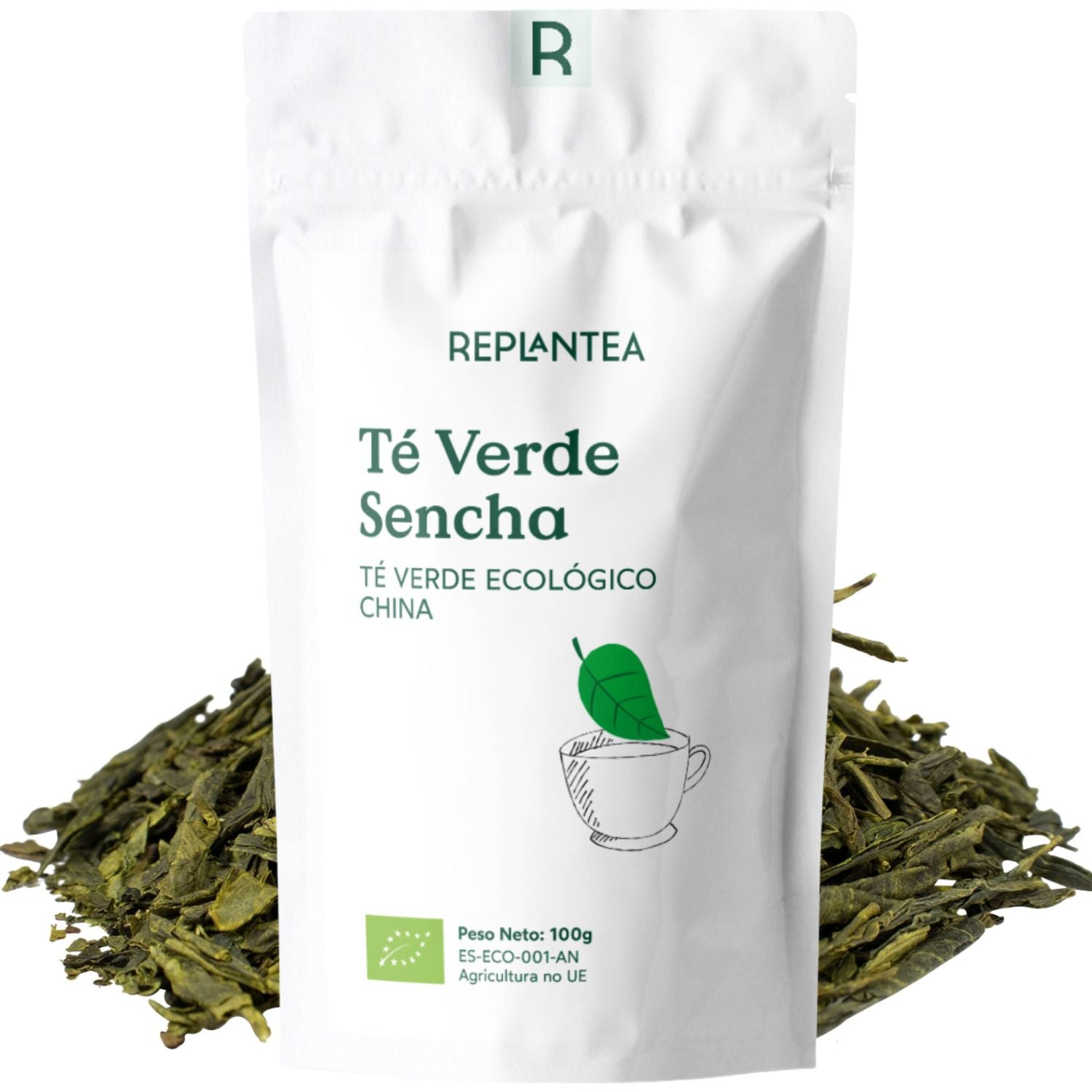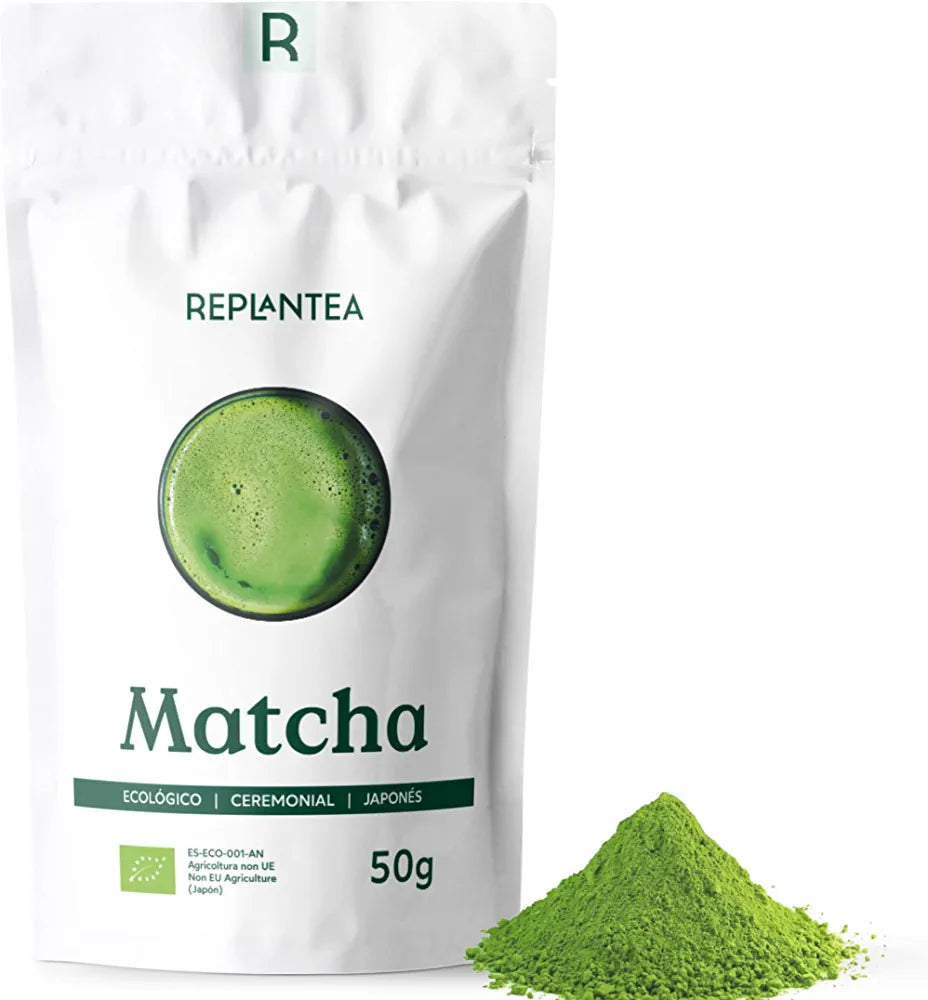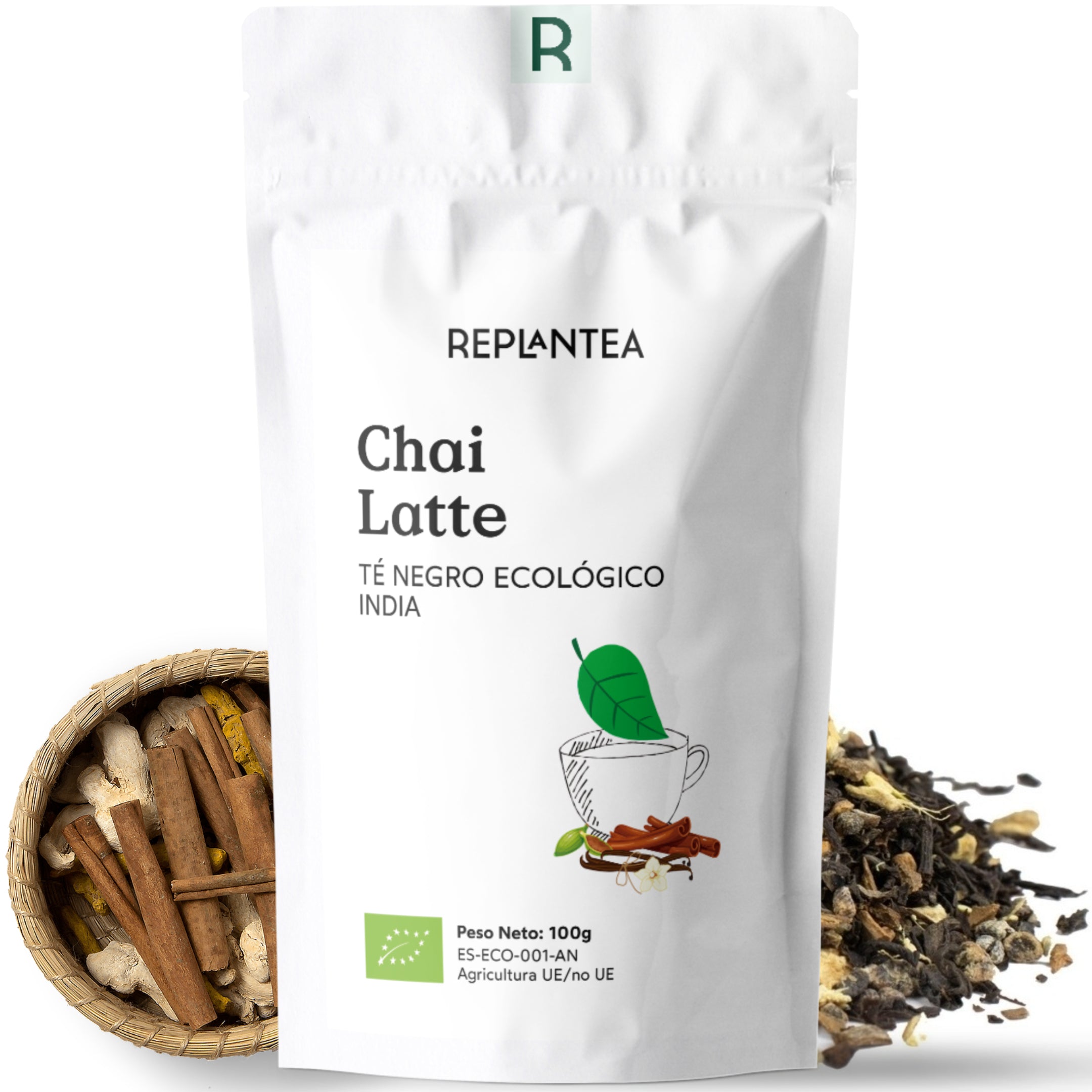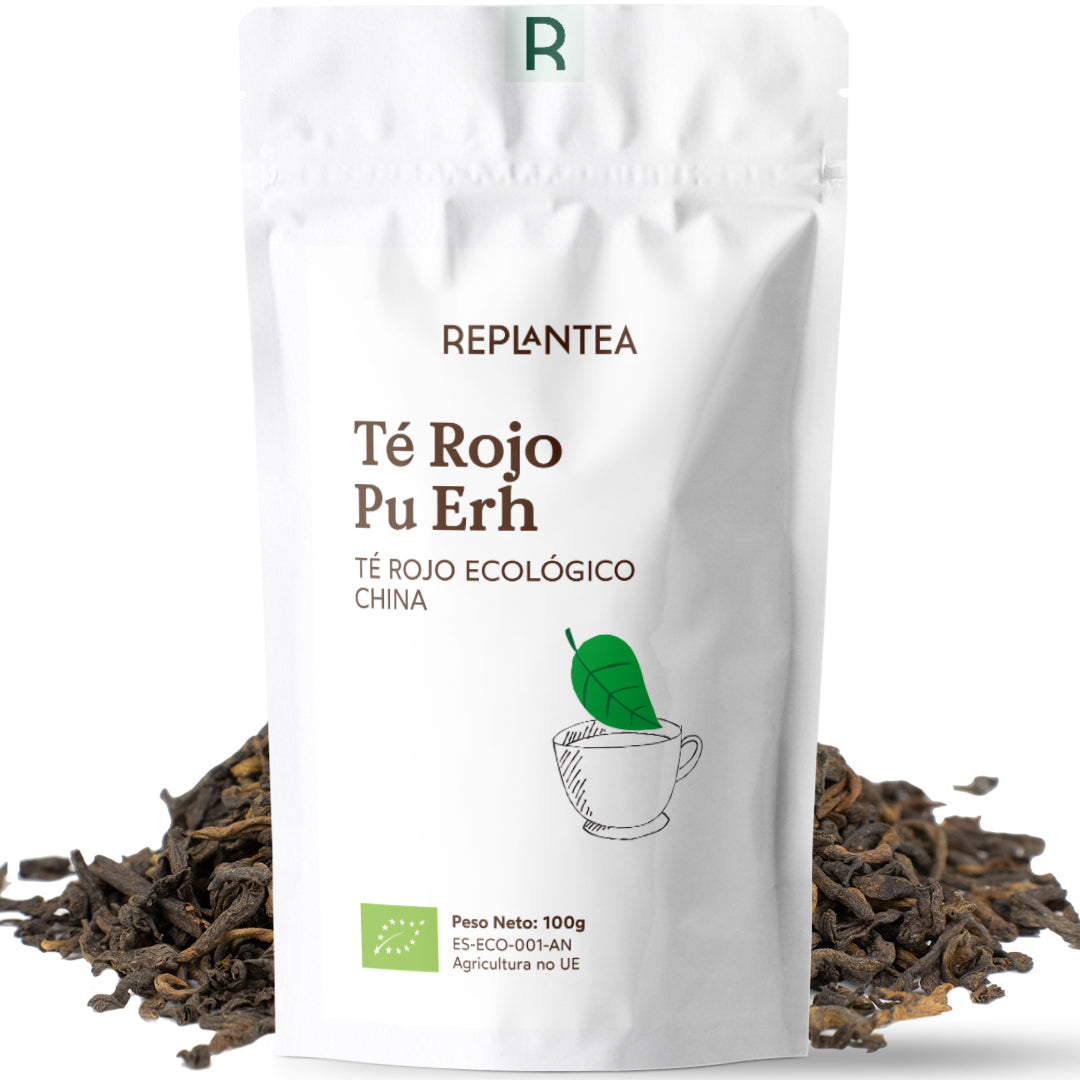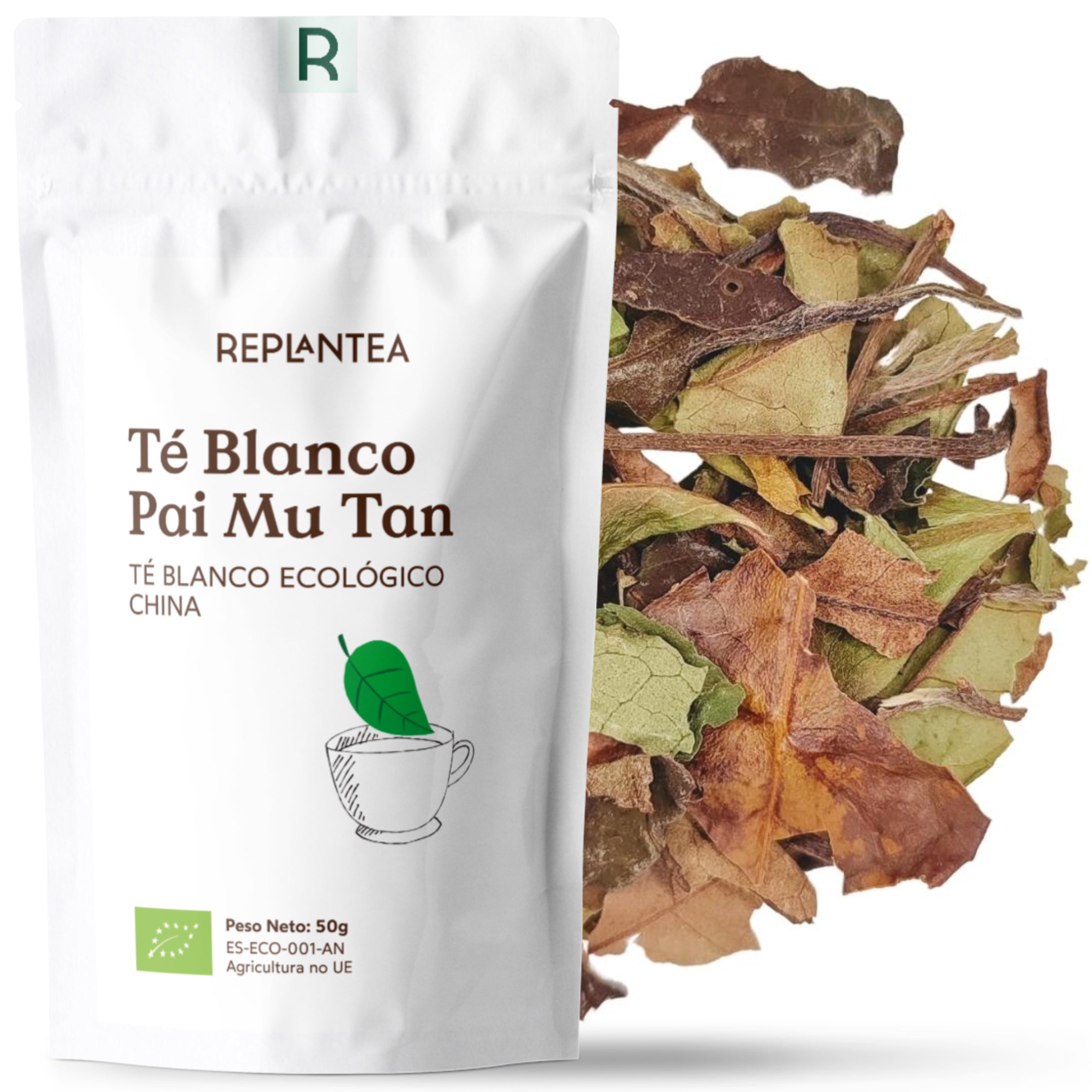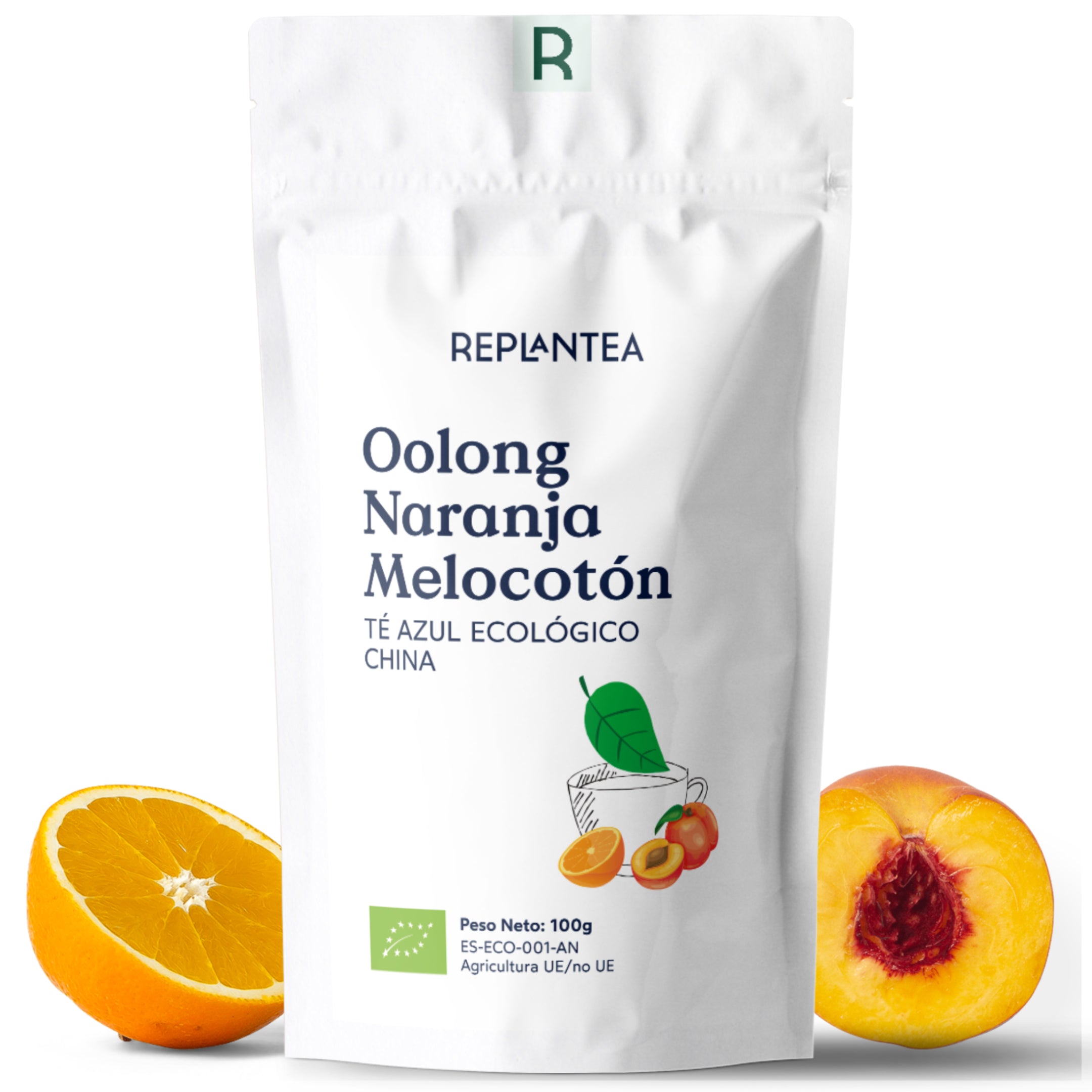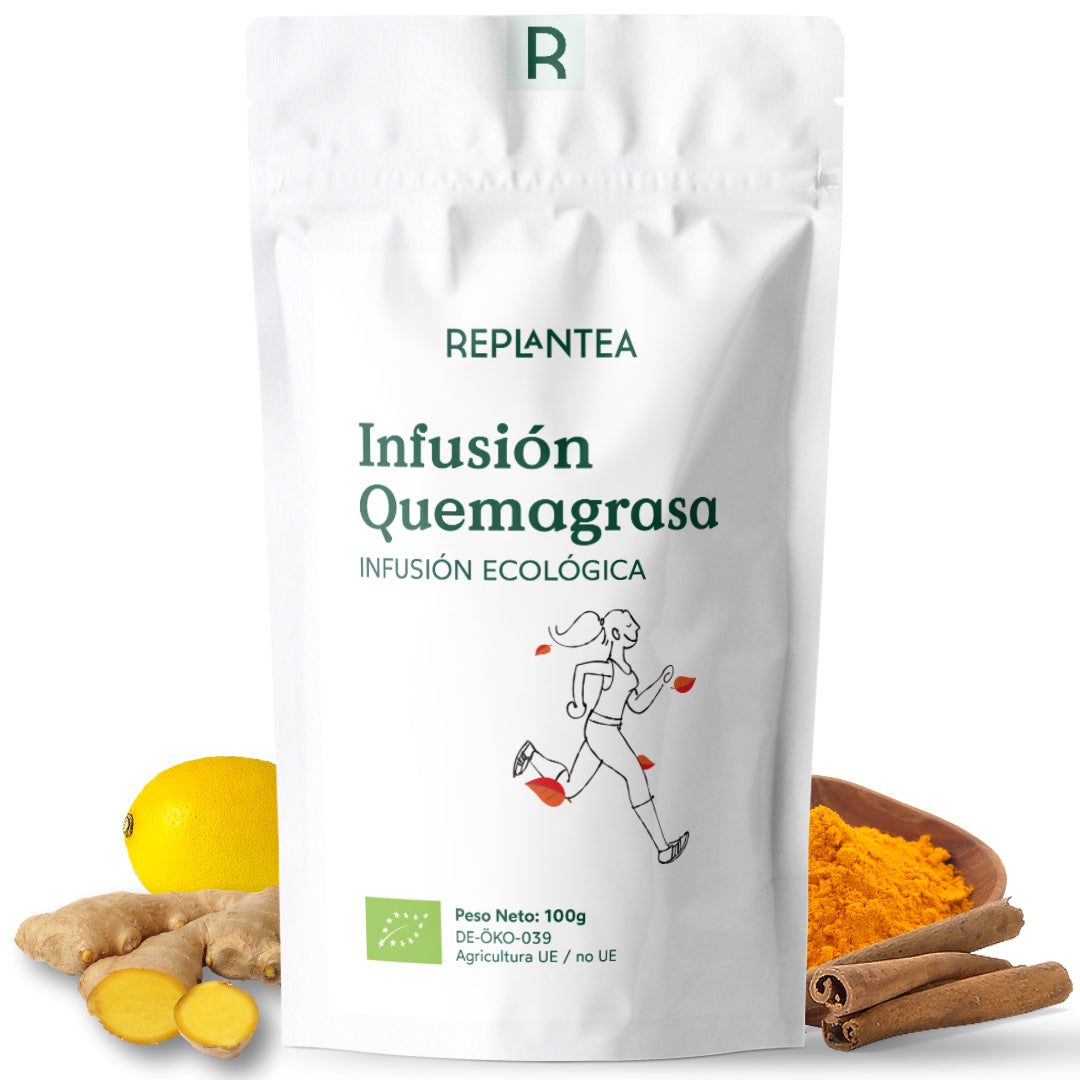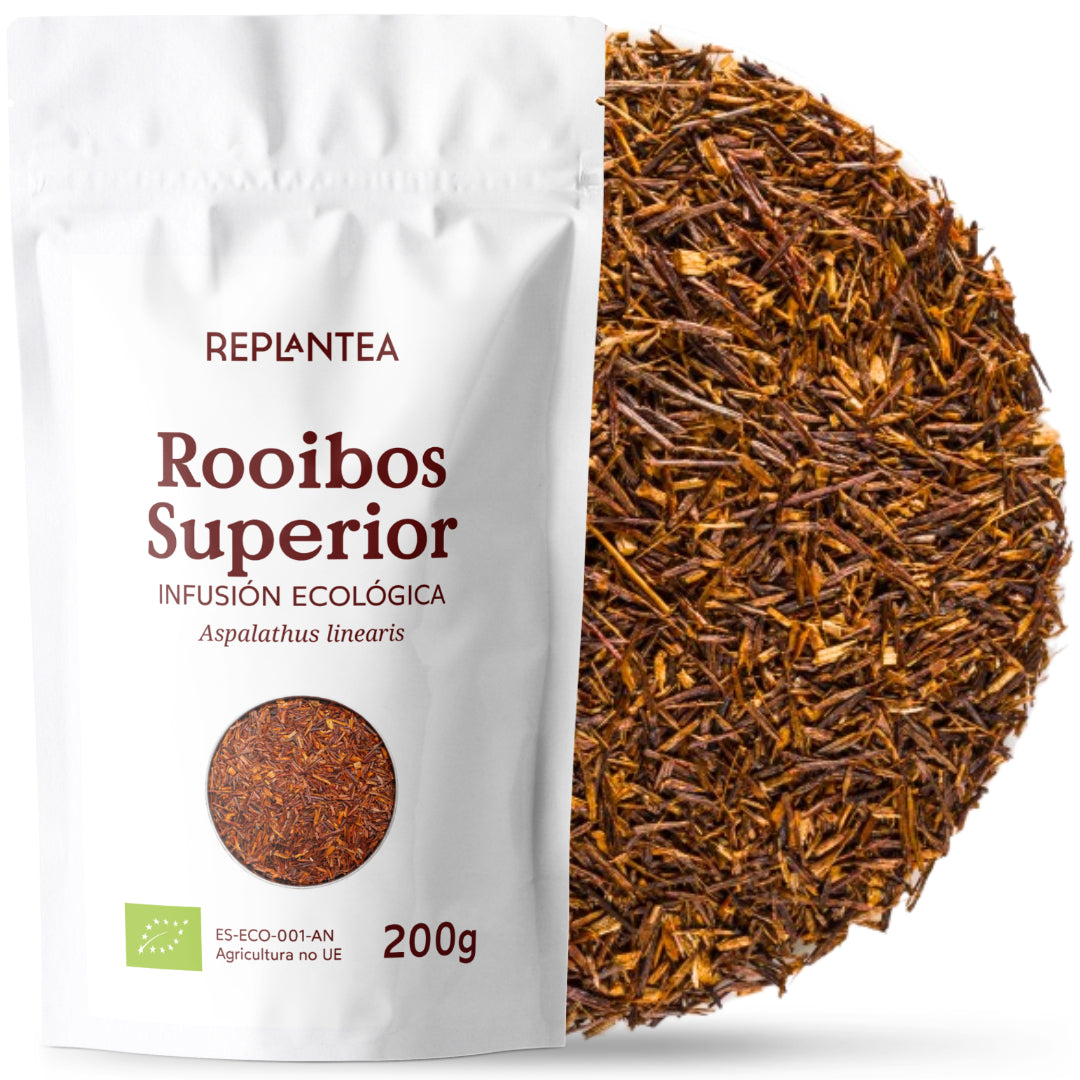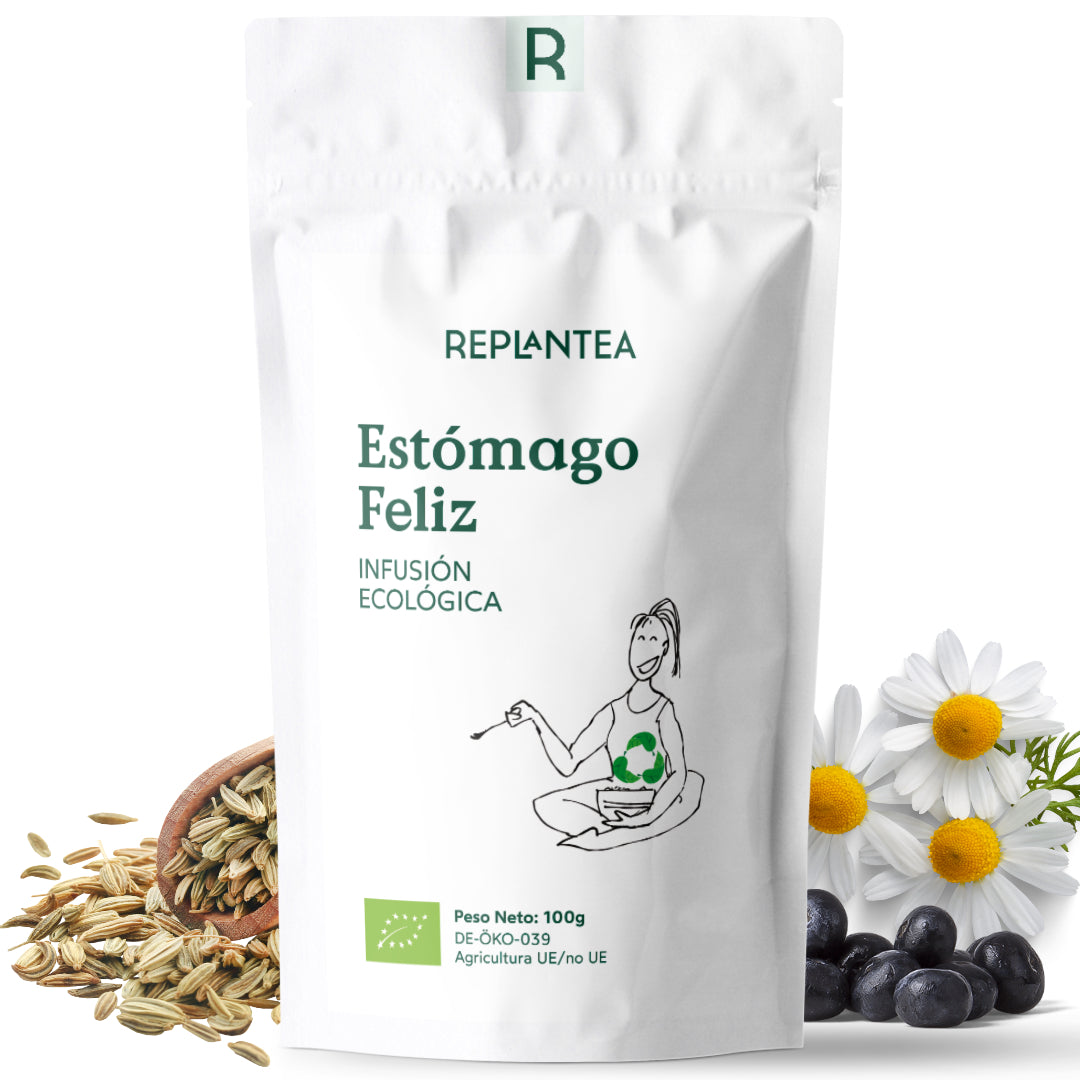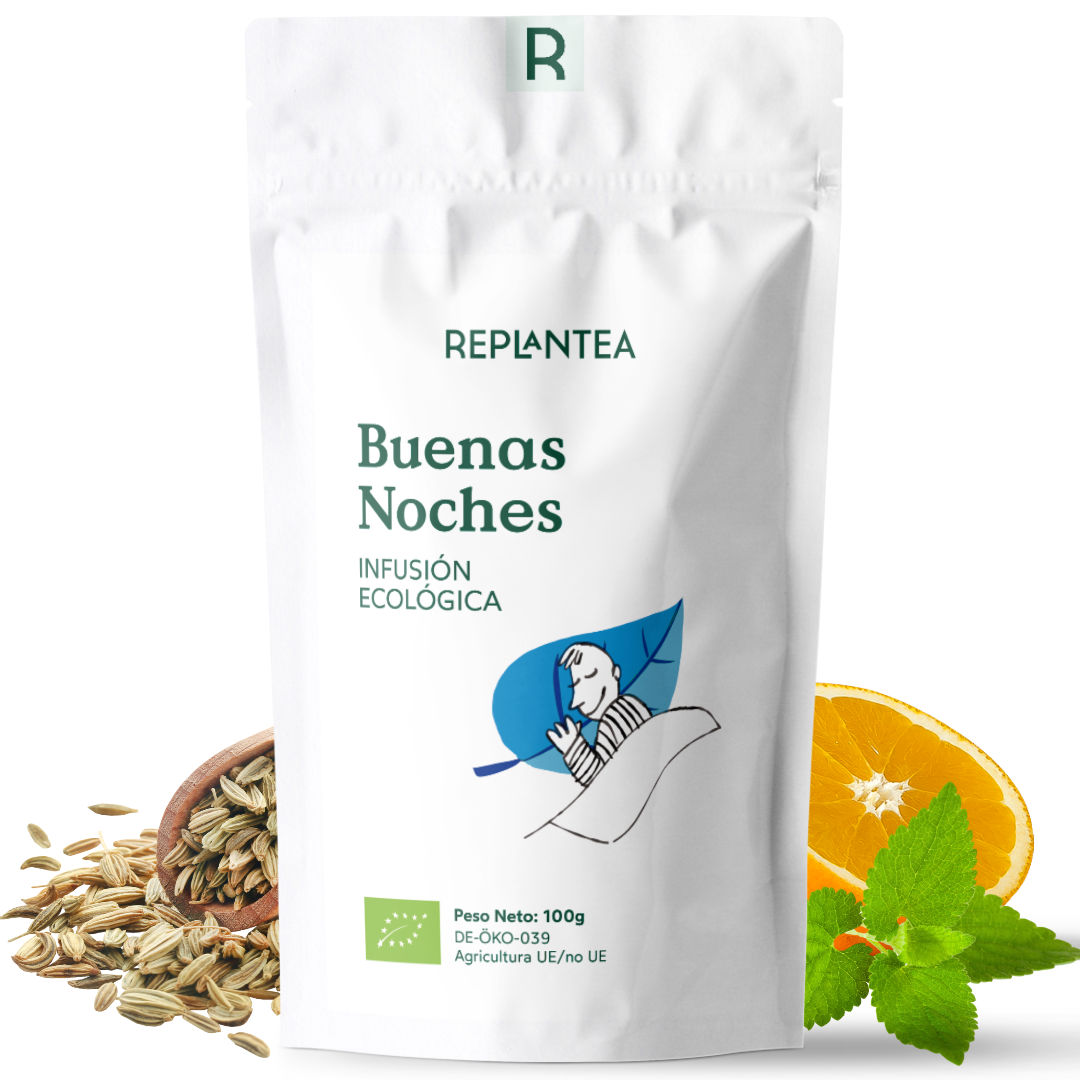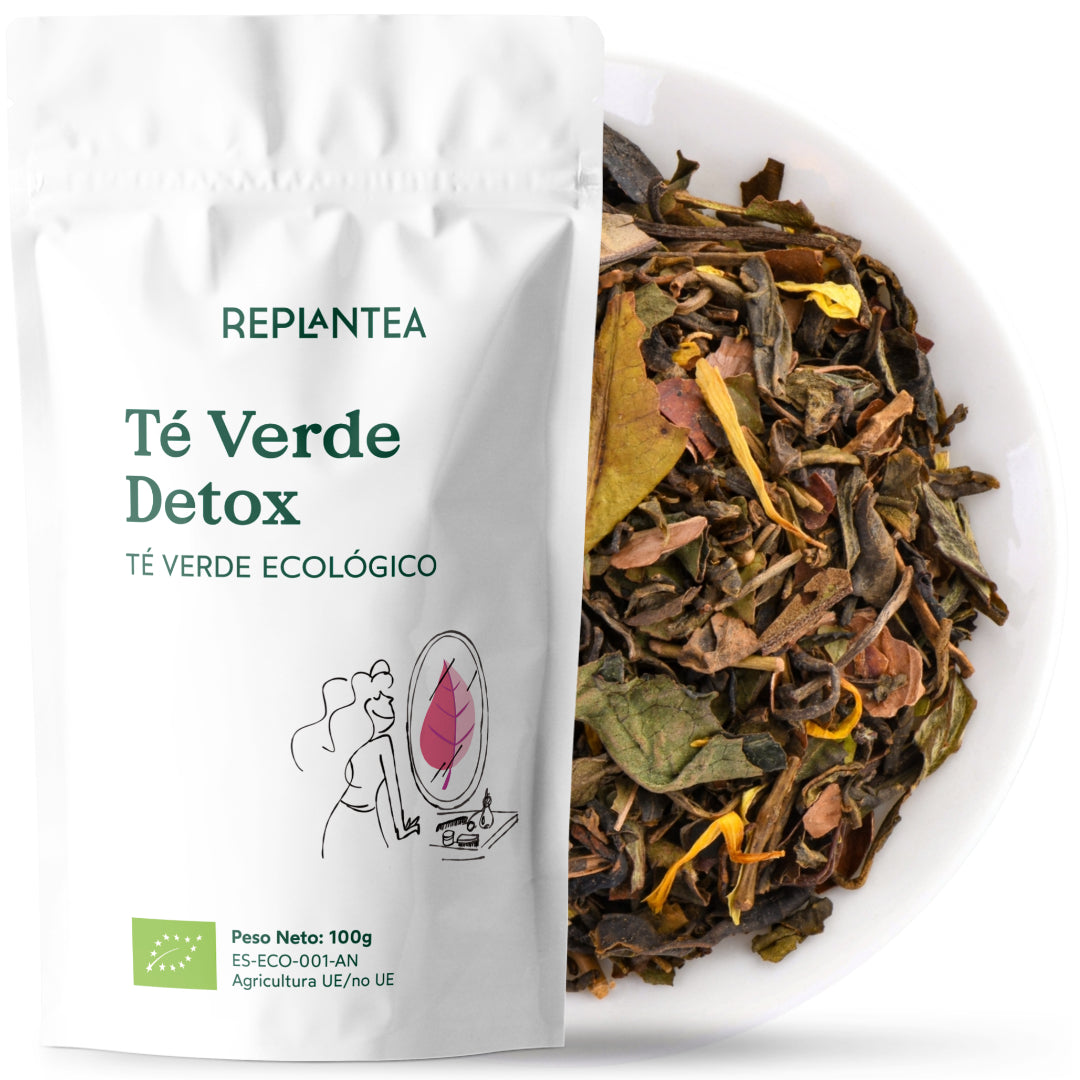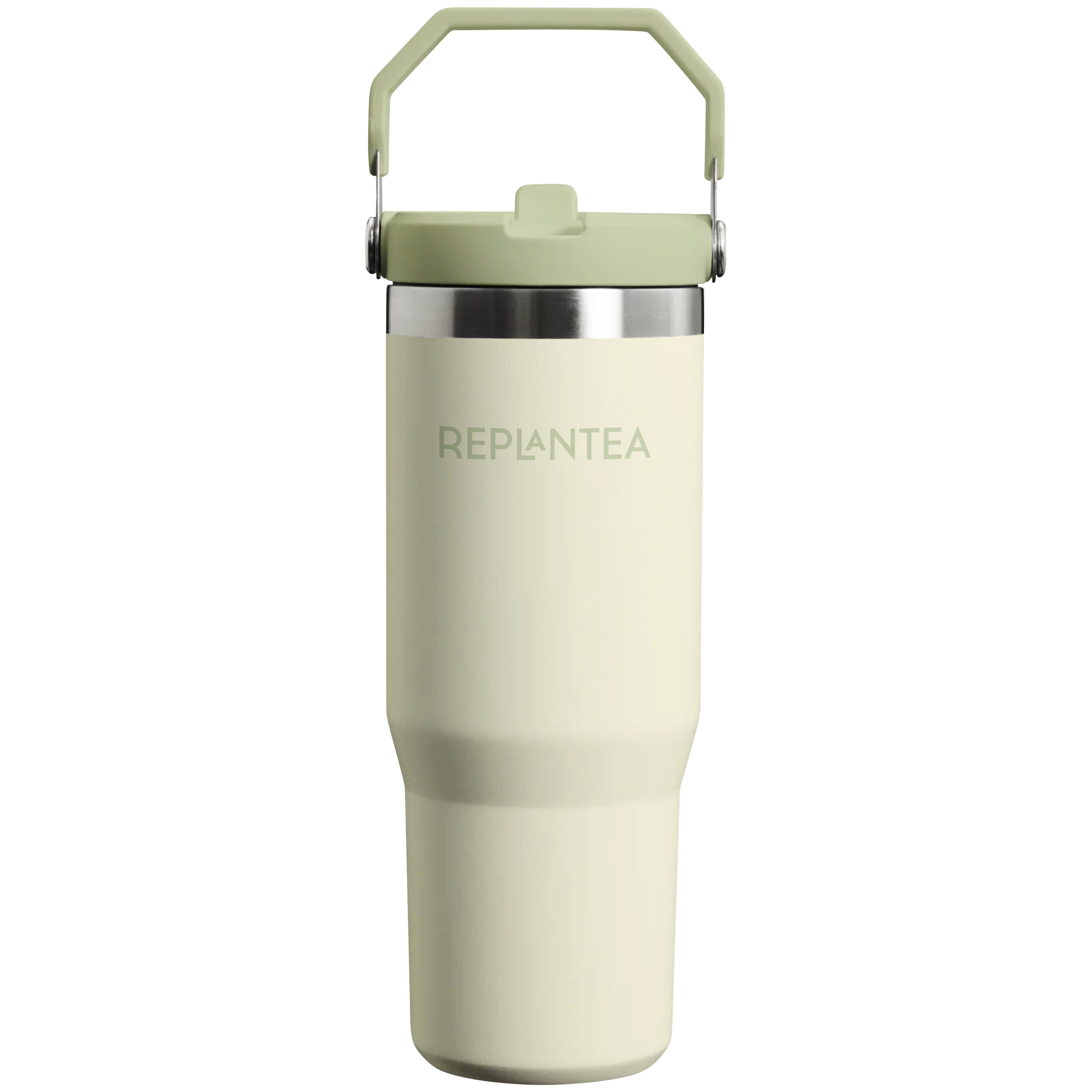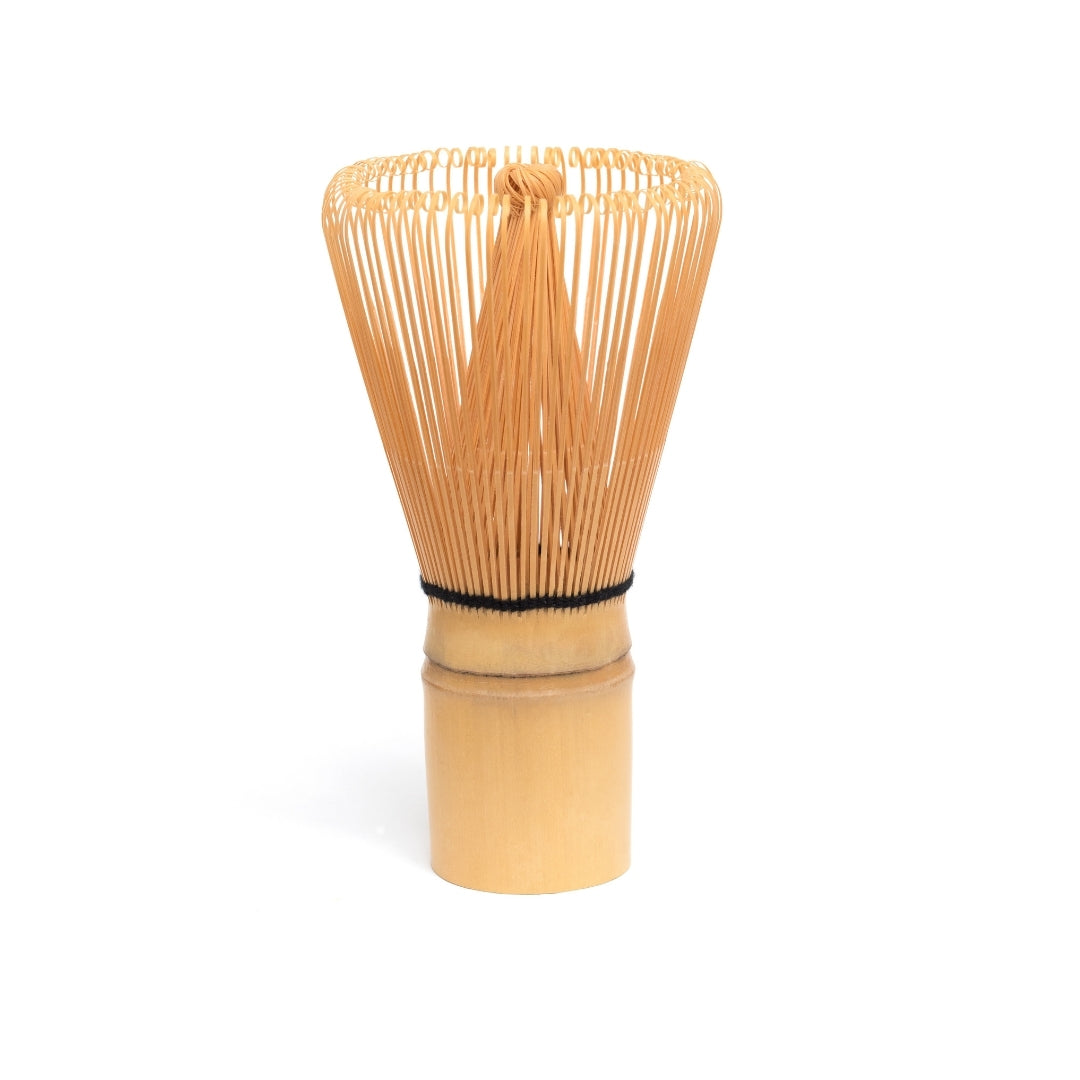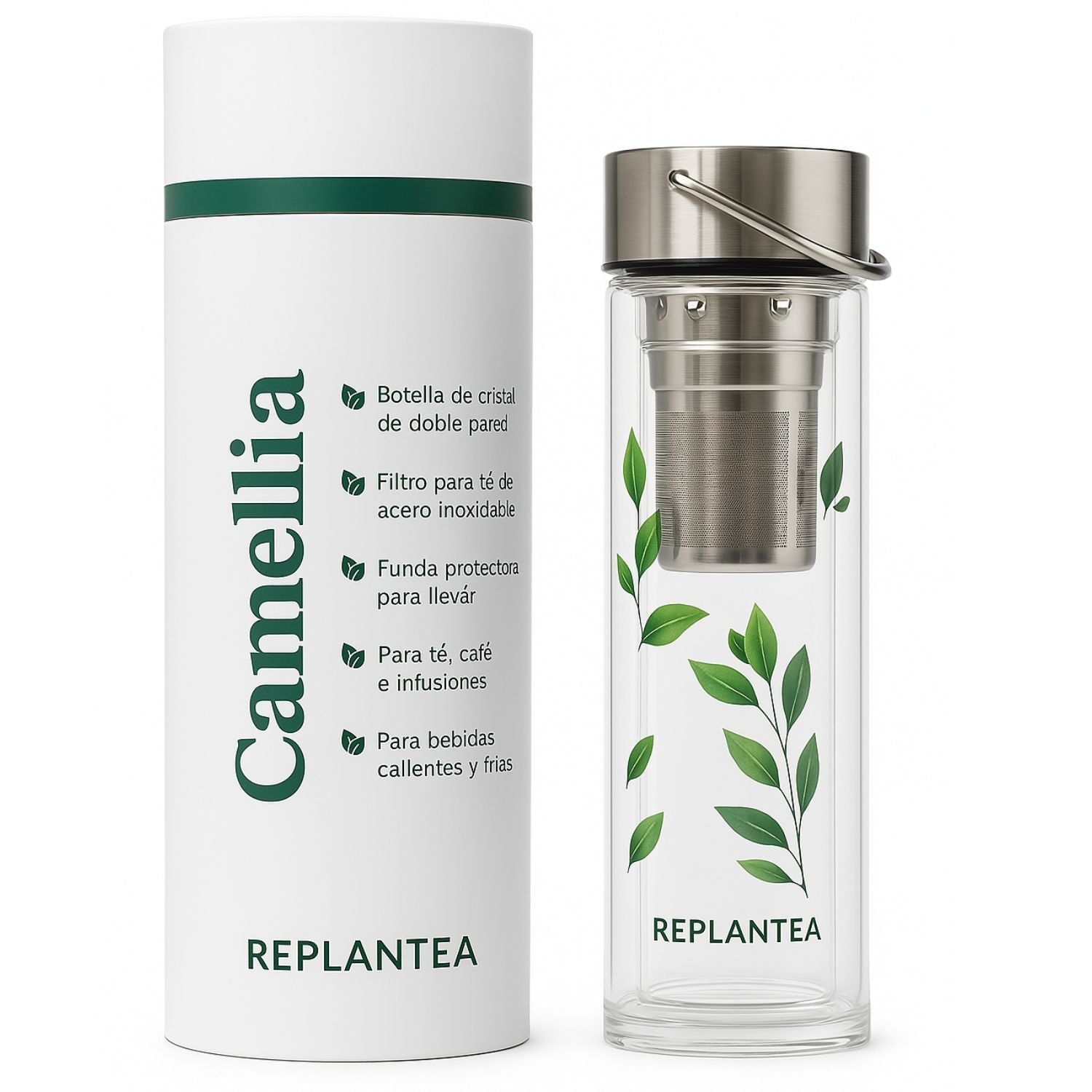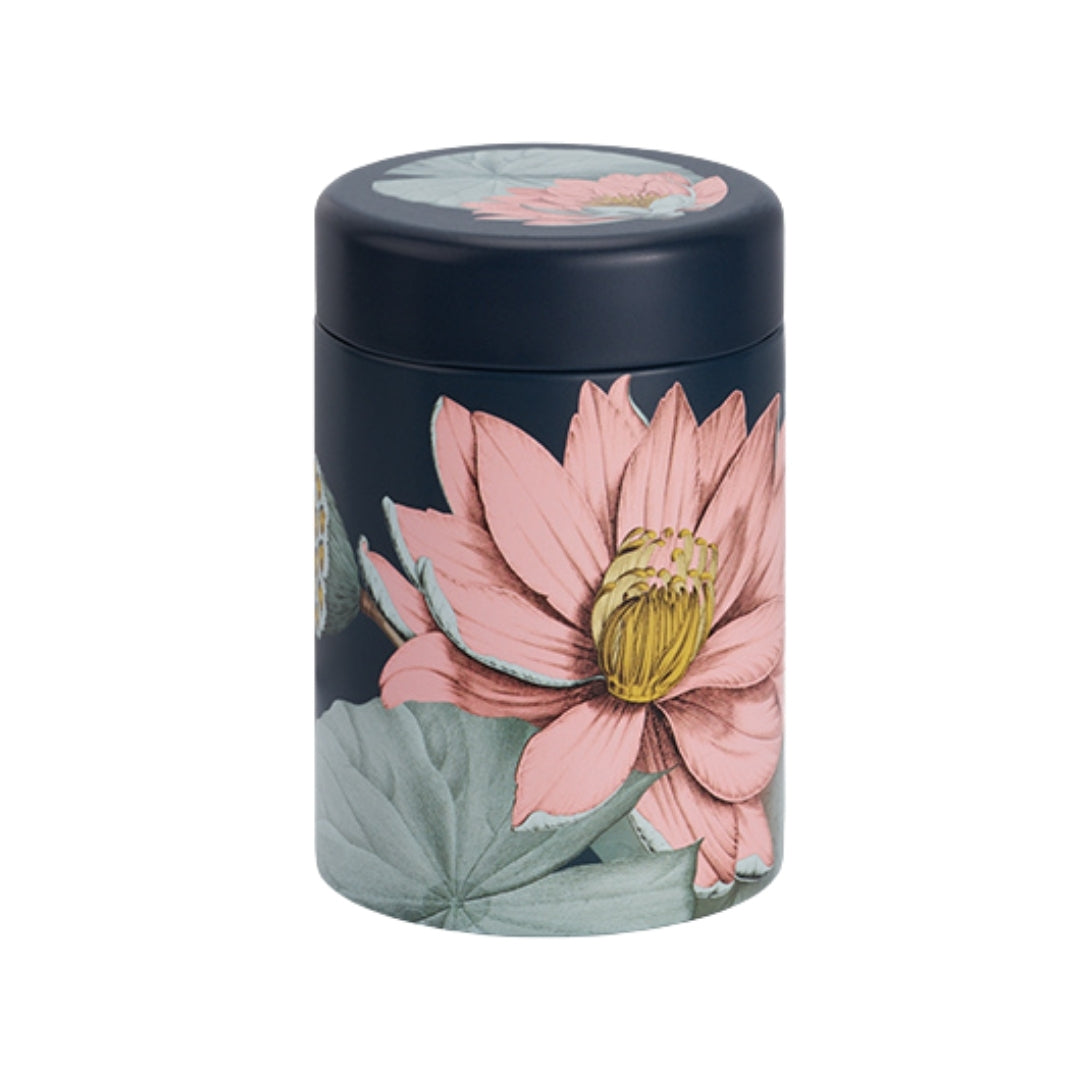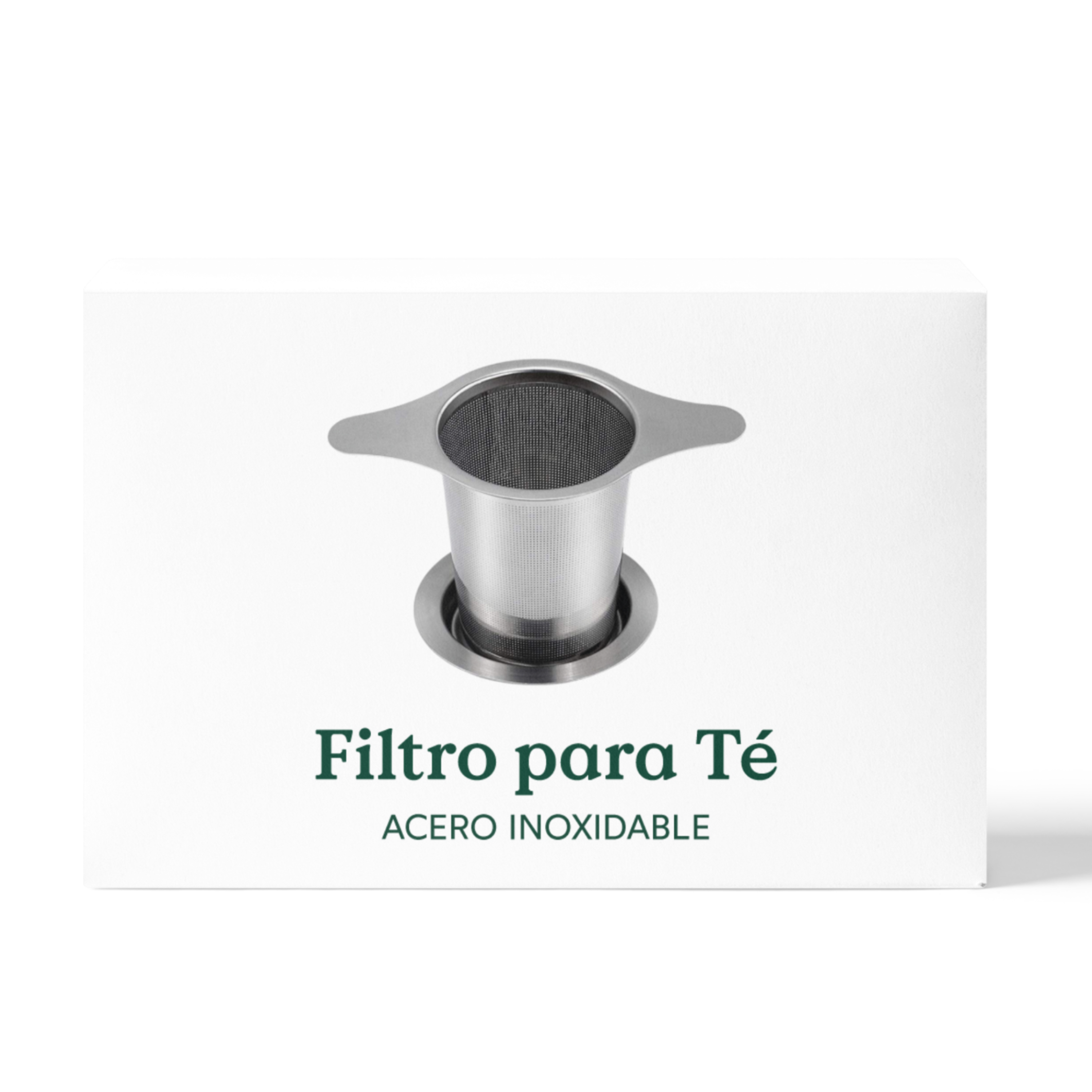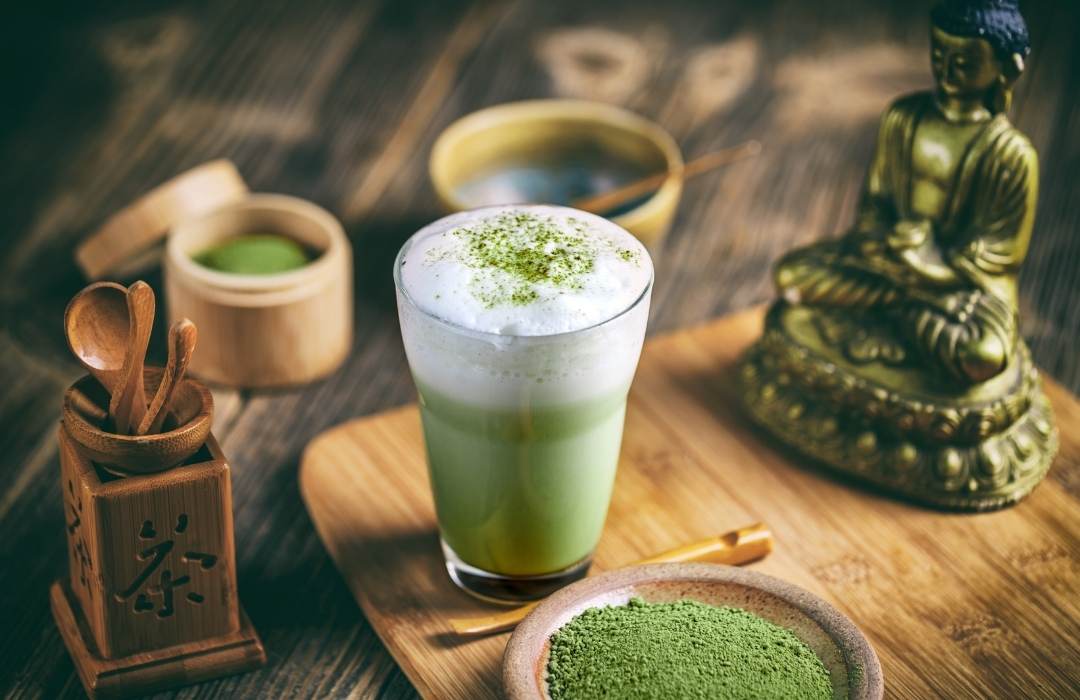
Matcha Tea Helps Lose Weight, Increases Energy and Relaxation
If you're a tea lover, you probably haven't been able to escape the global matcha tea trend that began a few years ago. For many, it's a near-miraculous tea, with dozens of benefits that surpass any other type of tea.
In this article, we'll tell you what science says about some of its benefits and whether it's true that matcha tea helps you lose weight, promotes relaxation, and provides energy naturally.

What is matcha tea?
Matcha is a powdered green tea produced only in Japan. Like other teas, it is made from the leaves of the Camellia sinesis plant. However, what makes matcha unique are the different cultivation and processing methods.
Matcha leaves are harvested only once a year, usually in May. A few weeks before harvest, the plants are covered to increase the plant's chlorophyll levels and develop a more vibrant green color for the tea powder.
Until recently, matcha was consumed primarily during tea ceremonies, but today it is a favorite tea for many people around the world.
RELATED INFORMATION
What is not matcha tea?
Green tea powders from other countries are not matcha. Although countries like China, Thailand, and even Kenya also produce matcha, technically those teas are regular green tea powders, not matcha. These teas are rarely shade-grown, so they have a different chemical composition than real matcha tea.
The benefits of matcha tea
1. Matcha tea helps you lose weight
Green tea extract is associated with weight loss and is often a main ingredient in weight loss supplements and slimming pills. Since matcha tea is a green tea, it contains high levels of compounds that aid weight loss. Drinking matcha tea regularly can help boost weight loss when combined with an exercise routine and a healthy diet.
A review of studies published in BetterByDesign Nutrition found that study participants had the potential to lose an average of 1.5 kg over a 12-week period simply by consuming one to four teaspoons of matcha tea per day. This meta-analysis found these results to be reliable without having to make any additional adjustments to their nutrition or daily exercise.
Scientists attribute matcha tea's weight-loss potential to its catechin content. One teaspoon of matcha powder contains 315 milligrams of catechins. Catechins are believed to increase fat loss through thermogenesis, which is when the body heats up, burns calories, and releases energy. Catechins may also reduce appetite and encourage the body to use and burn body fat as energy instead of storing it.
RELATED INFORMATION
2. Matcha tea increases energy
Matcha tea contains theine, which can give you a boost in the morning or an extra boost in the afternoon. In fact, in medieval Japan, samurai warriors consumed matcha tea before going into battle, largely due to its energizing nature. All green teas naturally contain theine, but matcha tea's energizing power comes not only from the caffeine but also from other compounds like L-theanine, which provides energy without the typical jitters associated with coffee consumption.
The presence of L-theanine in matcha tea also increases the production of brain chemicals that improve focus and concentration. L-theanine causes the brain to produce more dopamine and serotonin, two chemicals that have been linked to mood and concentration.
RELATED INFORMATION
3. Matcha tea helps you relax and focus
While matcha tea contains theine and other energy-boosting chemicals, these same compounds are also credited with aiding relaxation. As mentioned, the shade-grown leaves used to make matcha contain a high concentration of L-theanine, an amino acid known for providing relaxation without the side effects of drowsiness.
One study analyzed the effects of realistic dietary amounts of L-theanine on alpha brain waves. Researchers used EEG machines to track alpha waves in the brain minutes after consuming L-theanine. The results showed that participants had higher levels of alpha waves, which are often linked to increased relaxation and decreased stress levels, but without inducing sleep.
RELATED INFORMATION


Learn more about matcha tea
You can find much more information about matcha tea on our blog:
- Matcha Tea Guide: Benefits, Grades, and Accessories
- How to Prepare Matcha Tea Correctly?
- How to Make the Best Matcha Latte? Recipe and Tips
Sources consulted
- Kovacs, E., Lejeune, M., Nijs, I., & Westerterp-Plantenga, M. (2004). Effects of green tea on weight maintenance after body-weight loss . British Journal of Nutrition, 91 (3), 431-437.
- Pezeshki A, Safi S, Feizi A, Askari G, Karami F. The Effect of Green Tea Extract Supplementation on Liver Enzymes in Patients with Nonalcoholic Fatty Liver Disease. Int J Prev Med . 2016;7:28. Published 2016 Feb 1. doi:10.4103/2008-7802.173051
- Persson, I., Persson, K., Hägg, S., & Andersson, R. (2010). Effects of green tea, black tea and Rooibos tea on angiotensin-converting enzyme and nitric oxide in healthy volunteers. Public Health Nutrition, 13 (5), 730-737.
- (2021) Three Weeks Daily Intake of Matcha Green Tea Powder Affects Substrate Oxidation During Moderate-Intensity Exercise in Females, Journal of Dietary Supplements, 18:5, 566-576.
- Nobre AC, Rao A, Owen GN. L-theanine, a natural constituent in tea, and its effect on mental state. Asia Pac J Clin Nutr. 2008;17 Suppl 1:167-8.
Share

